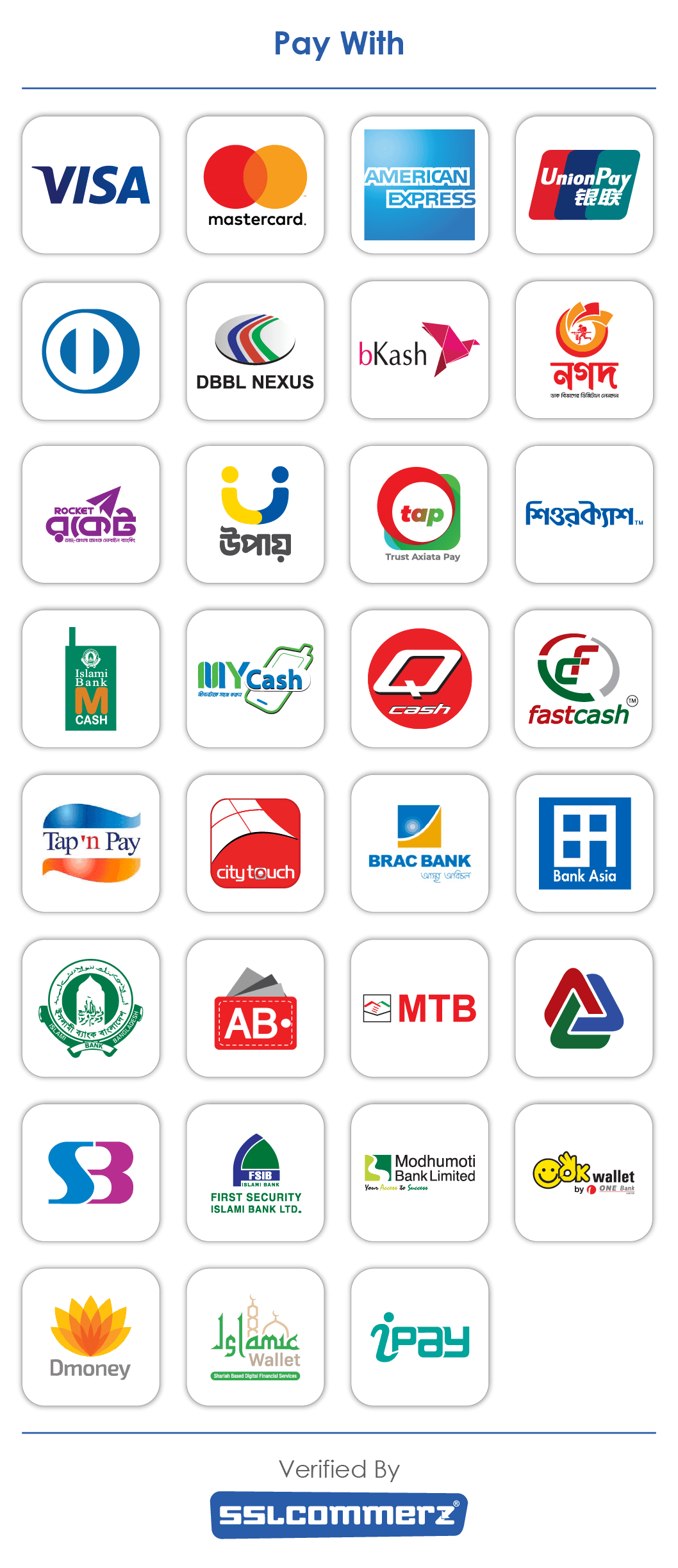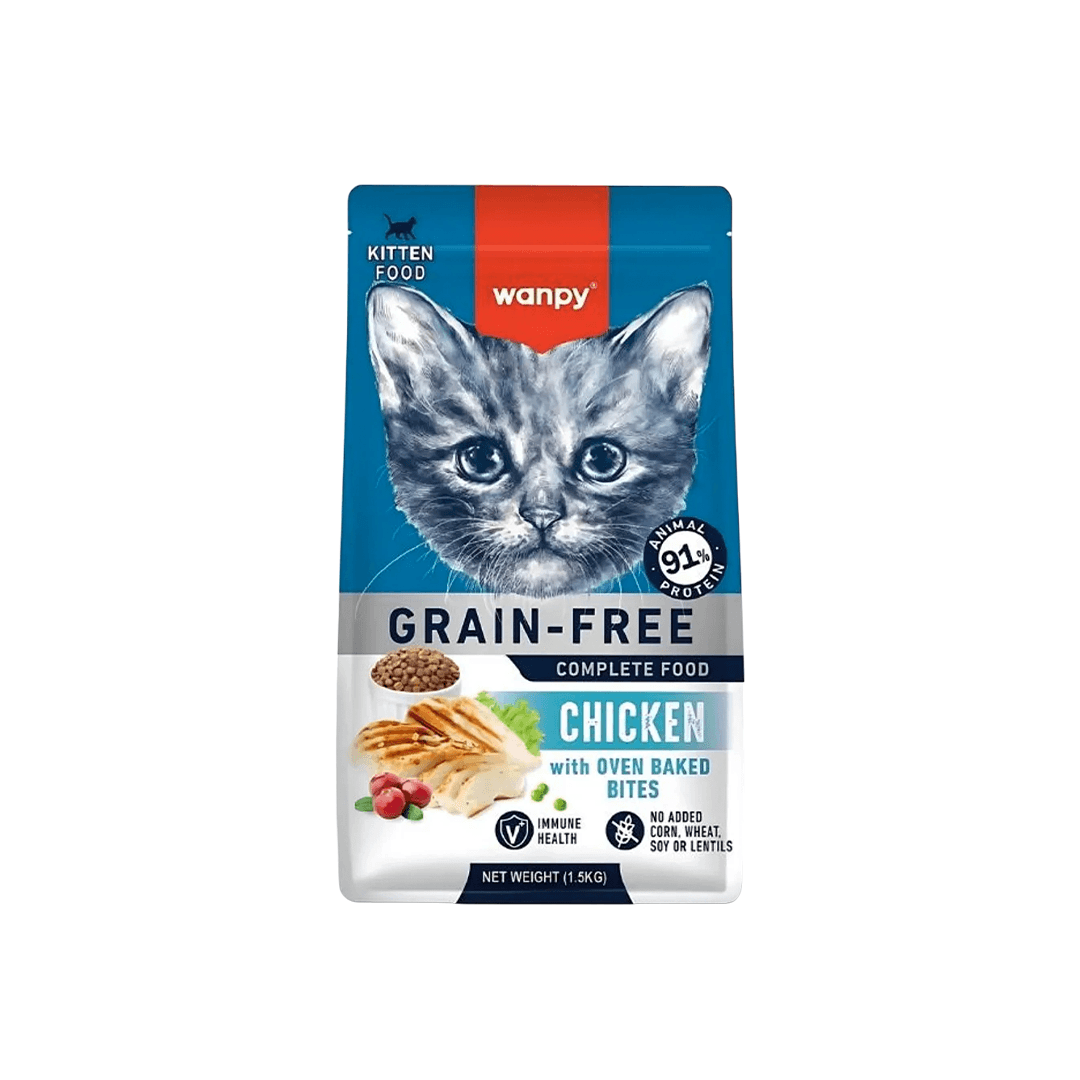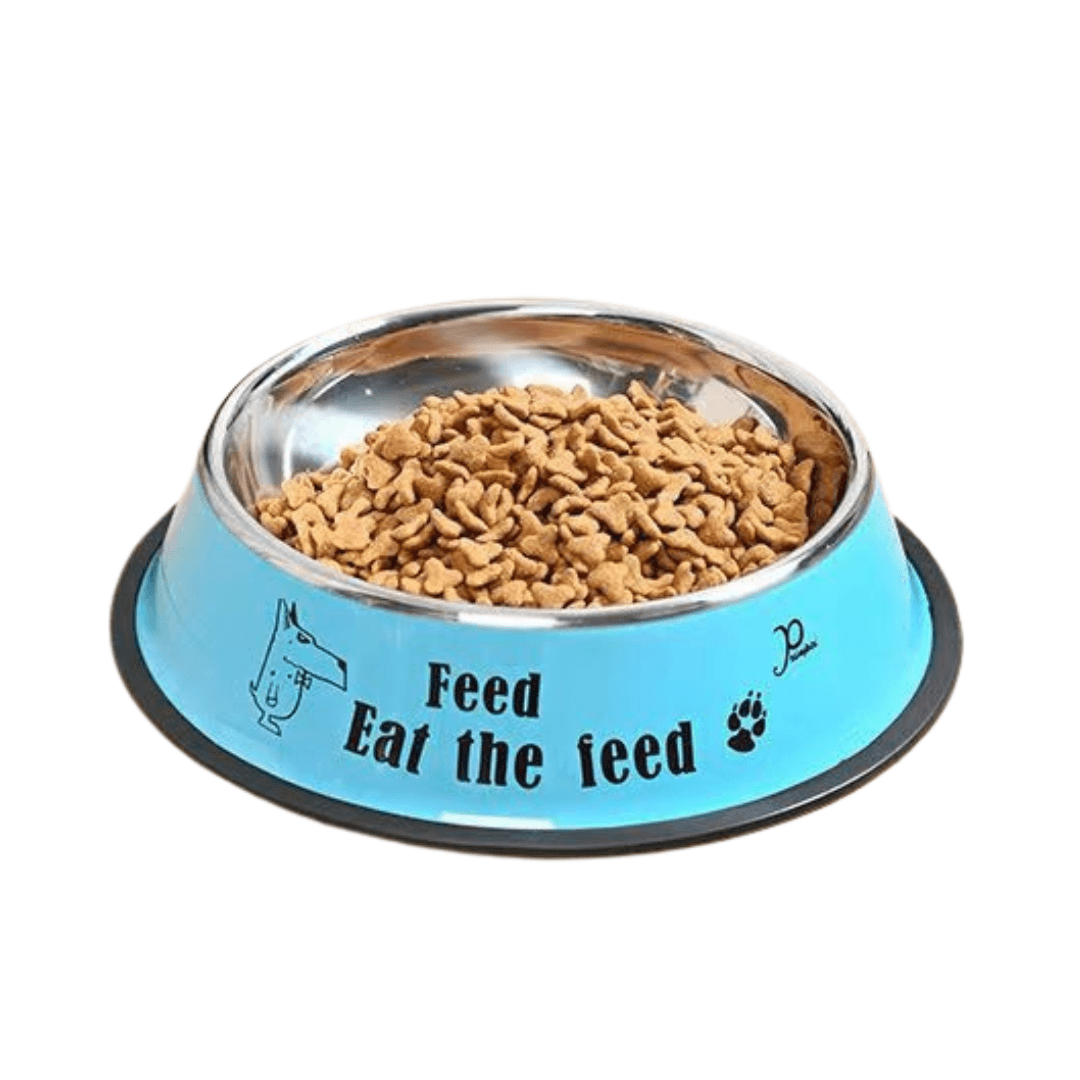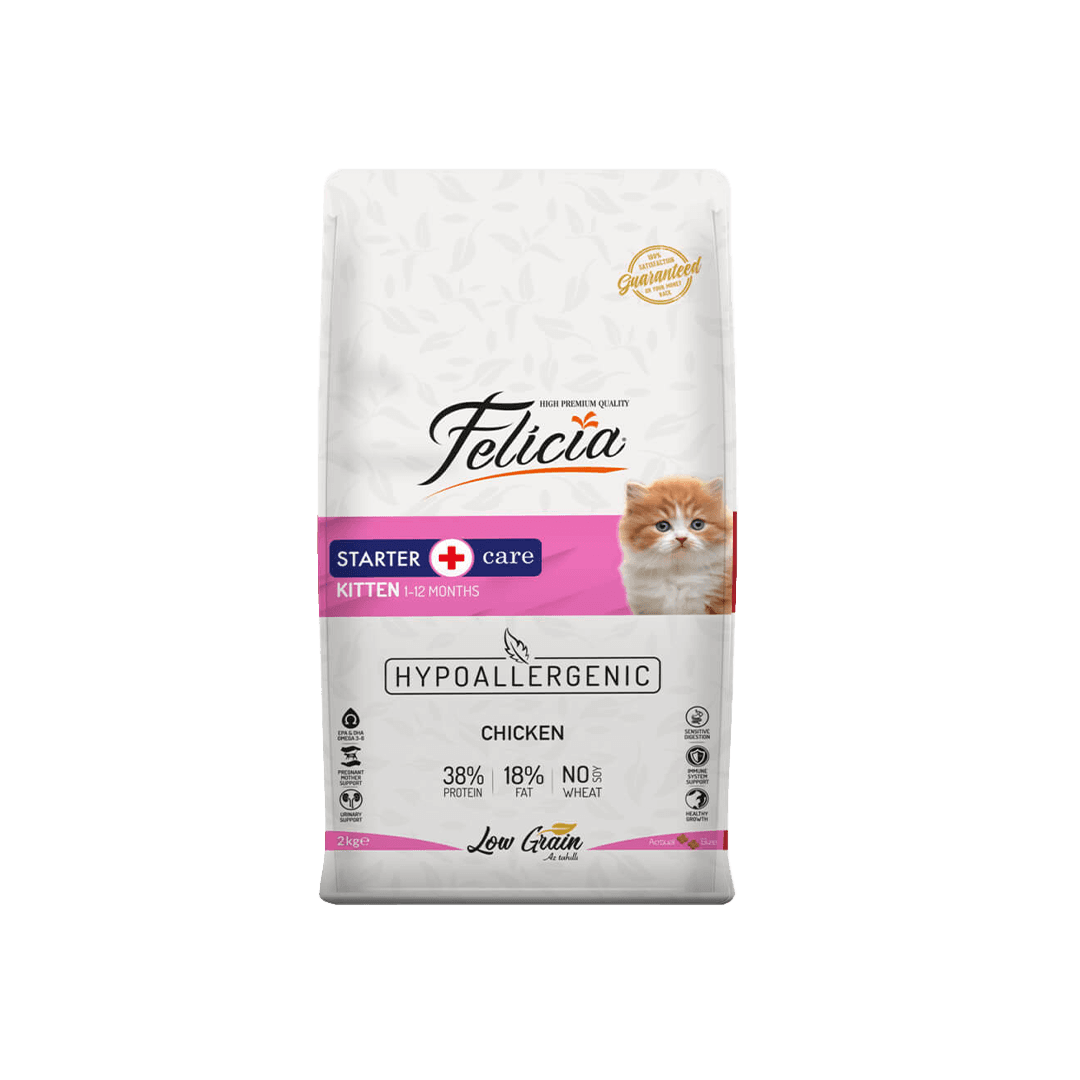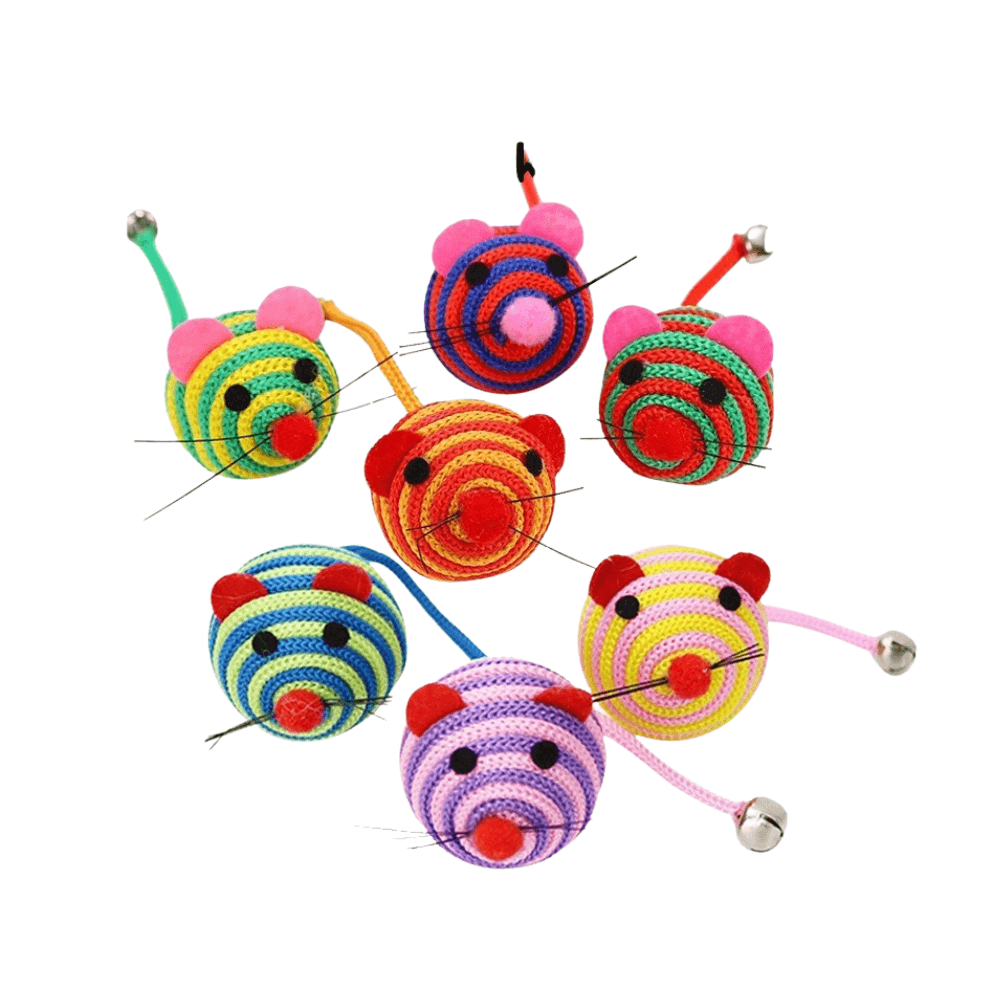Choosing the Best Adult Dog Food
Discover the top choices for the best adult dog food to support your furry friend's health and vitality.
Tanvir Chowdhury
Oct 09, 2023
Your beloved furry friend deserves the very best, and that includes providing them with the right nutrition. Just like us, adult dogs require a balanced diet to support their energy levels, immune system, and overall well-being. In this guide, we'll walk you through the essential steps of choosing the perfect adult dog food that meets your pup's nutritional needs and keeps their tail wagging with joy.
Understanding Your Adult Dog's Nutritional Needs
Nutrition plays a pivotal role in keeping your adult dog healthy and happy. Protein, carbohydrates, fats, vitamins, and minerals are the building blocks of a well-rounded diet. Tailoring their nutritional intake to factors such as breed, size, age, and activity level ensures their vitality for years to come. Providing the right nutrients can also help prevent health issues that might arise from inadequate nutrition.
Decoding Dog Food Labels
When strolling through the pet food aisle, deciphering those labels might seem like a daunting task. Fear not! Understanding dog food labels is easier than you think. Pay attention to ingredient lists and nutritional information. Look for whole protein sources like meat or fish, whole grains, and nutrient-rich vegetables. Ingredients are listed in descending order of weight, so prioritize foods with real, recognizable ingredients at the top.
Types of Adult Dog Food
Dog food comes in various forms, each with its own set of benefits. Dry kibble is convenient and promotes dental health, while wet or canned food can offer more moisture and flavor. For those who prefer a more natural approach, raw food diets can be considered. Choose the type that suits your lifestyle and your dog's preferences.
Key Ingredients to Look For
The magic behind a nutritious adult dog food lies in its ingredients. High-quality protein sources like chicken, beef, and fish help maintain muscle mass and energy. Healthy fats, such as omega-3 fatty acids, support skin and coat health. Don't forget the importance of wholesome carbohydrates from sources like brown rice or sweet potatoes, along with vitamins and minerals from fruits and vegetables.
Identifying Allergens and Sensitivities
Just like humans, dogs can have food allergies or sensitivities. Pay close attention to potential allergens such as wheat, soy, and dairy in the ingredient list. If you suspect your dog has food allergies, consider hypoallergenic or limited-ingredient diets to avoid triggering adverse reactions.
Avoiding Harmful Additives and Fillers
Low-quality dog foods often contain artificial colors, flavors, and preservatives that provide little nutritional value. Opt for options without these additives, and avoid fillers like corn and soy, which contribute little to your dog's health.
Transitioning to New Dog Food
Changing your dog's food should be done gradually to prevent digestive upset. Mix the new food with the old, gradually increasing the proportion of the new food over several days. Observe your dog's response during this transition period and adjust portion sizes accordingly.
Reading Reviews and Conducting Research
Before making a choice, do your research. Read customer reviews and seek recommendations from trusted sources. Look for brands that prioritize transparency about their ingredients and sourcing practices.
Consulting with Veterinarians or Nutritionists
When in doubt, consult a professional. Veterinarians or canine nutritionists can provide tailored recommendations based on your dog's unique needs. This is especially important if your dog has specific health conditions that require specialized dietary considerations.
Frequently Asked Questions (FAQs)
How much should I feed my adult dog?
Portion sizes vary based on factors like breed, weight, and activity level. Follow the feeding guidelines provided on the dog food packaging and adjust as needed.
How often should I feed my adult dog?
Most adult dogs do well with two meals a day, but consult your vet to determine the best feeding schedule for your pet.
Can I mix different types of dog food?
Yes, you can mix different types of dog food, but ensure a gradual transition to prevent digestive upset.
Conclusion
Choosing the best adult dog food is an investment in your furry friend's health and happiness. By understanding their nutritional needs, decoding labels, and making informed choices, you're setting the stage for a long, vibrant life together. Remember, a well-nourished dog is a joyful dog, and their wagging tail is the ultimate reward for your thoughtful selection.

More Blog Articles
Oct 11, 2023
Whiskas Cat Food Review
Whiskas Cat Food has become a popular choice among cat owners in Bangladesh, so we decided to give it a try and write a Whiskas Cat Food Review.
READ MORE
Nov 16, 2023
Smart heart Cat Food Review In Bangladesh
The Smart Heart Cat Food is made with high-quality ingredients that are rich in protein and essential nutrients, such as taurine, vitamins, and minerals, to support the overall health and well-being of your cat. It is also enriched with Omega 3 and 6 fatty acids to promote healthy skin and a shiny coat.
READ MORE
Nov 26, 2023
Bengal Cat Breed
The Bengal cat is one of the most sought-after breeds in the world, with a growing community of breeders and enthusiasts dedicated to preserving and promoting the breed's unique qualities. Their distinctive coat patterns and striking, wild-like appearance continue to captivate cat lovers around the globe. The breed's history is a testament to the successful hybridization of wild and domestic cat species, resulting in a truly extraordinary and beloved pet.
READ MORE
Thank you for your subscription!
You will receive news for new product, exclusive offers, and
limited time promotions
Customer Service


